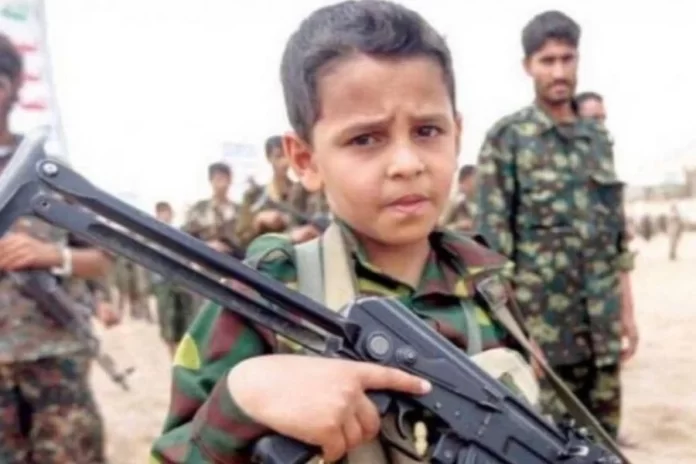During the 58th session of the UN Human Rights Council, several Sahrawi NGOs raised serious concerns about the ongoing repression and violations of basic freedoms in the Tindouf camps in Algeria, where thousands of Sahrawi refugees remain under the control of the Polisario Front. On Friday, these organizations denounced what they described as systematic abuse, lack of accountability, and an alarming absence of legal oversight in the camps.
Speaking during the general debate under agenda item 4, Rabab Eddah from the NGO Economic and Social Development Promotion (PDES) called for urgent international attention to the human rights situation in Tindouf. She painted a stark picture of life in the camps, describing a climate of fear, censorship, and political repression. According to Eddah, the Polisario Front enforces a system that silences dissent, bans political parties, and heavily restricts freedom of expression. Human rights defenders, journalists, activists, and bloggers are routinely harassed, she said, with no recourse to justice or protection.
Eddah emphasized that these abuses take place with total impunity, shielded by the lack of oversight from Algerian authorities, who, under international law, bear responsibility for any violations occurring within their territory. She stressed that Algeria’s inaction allows the continued oppression of those living under Polisario control.
Another speaker, Saadani Maolainin of OCAPROCE International, echoed those concerns. A former Sahrawi deportee to Cuba, Maolainin condemned what she described as the systematic denial of free speech in the camps. She highlighted that thousands of people have faced imprisonment or torture simply for speaking out or staging peaceful protests against injustice. These violations, she argued, directly contradict Article 19 of the Universal Declaration of Human Rights, which guarantees freedom of expression.
Maolainin also drew attention to the historical context, pointing to five decades of what she called impunity and social injustice affecting the vulnerable populations in Tindouf. She urged the international community to support a peaceful resolution to the conflict surrounding the Moroccan Sahara and voiced strong support for Morocco’s autonomy plan. According to her, the proposal offers a just and realistic path forward that can uphold human rights and provide the local population with a dignified future.




